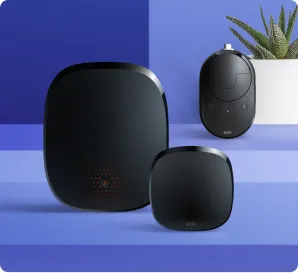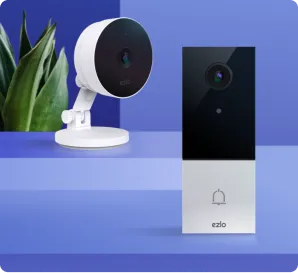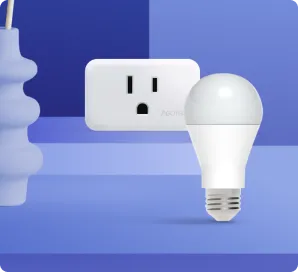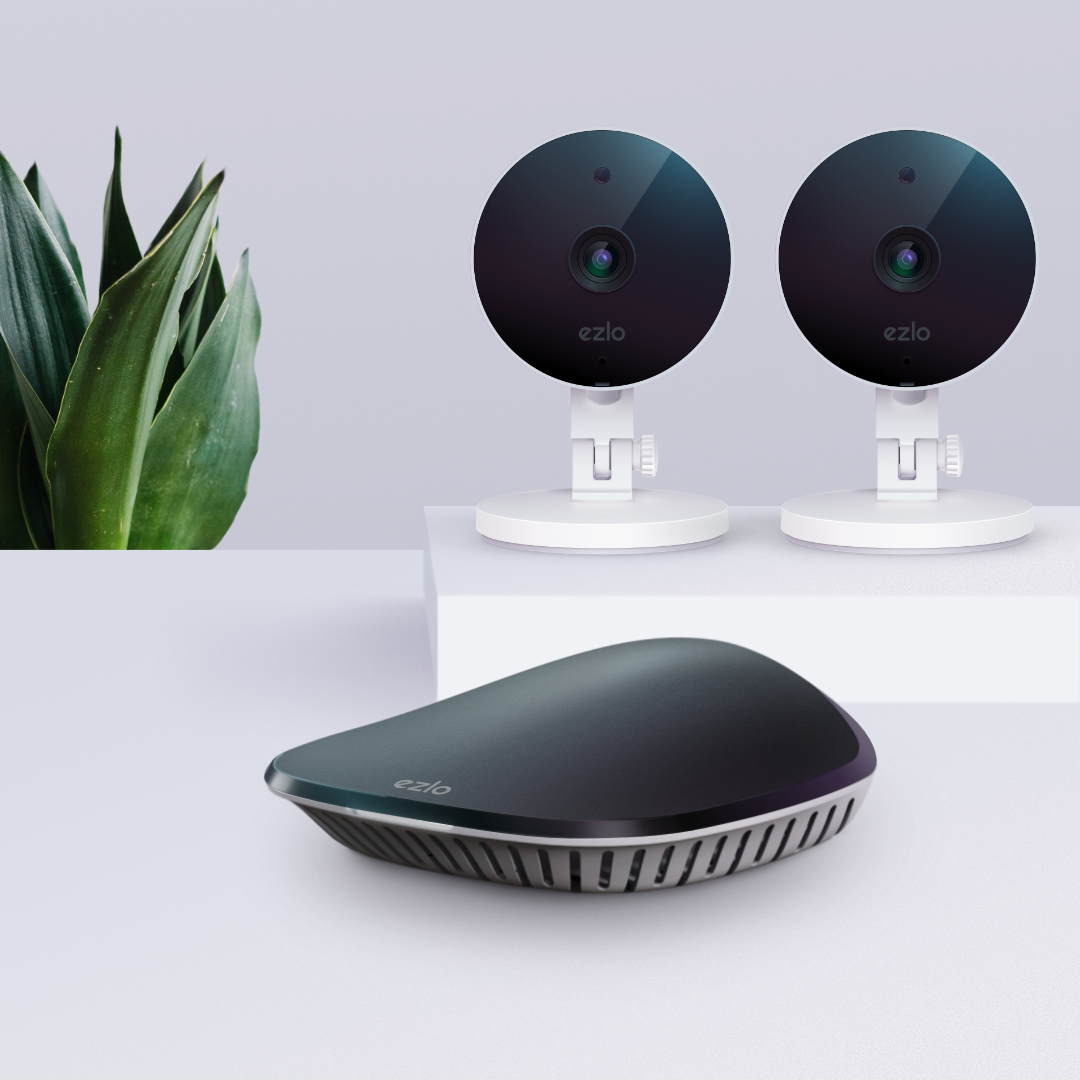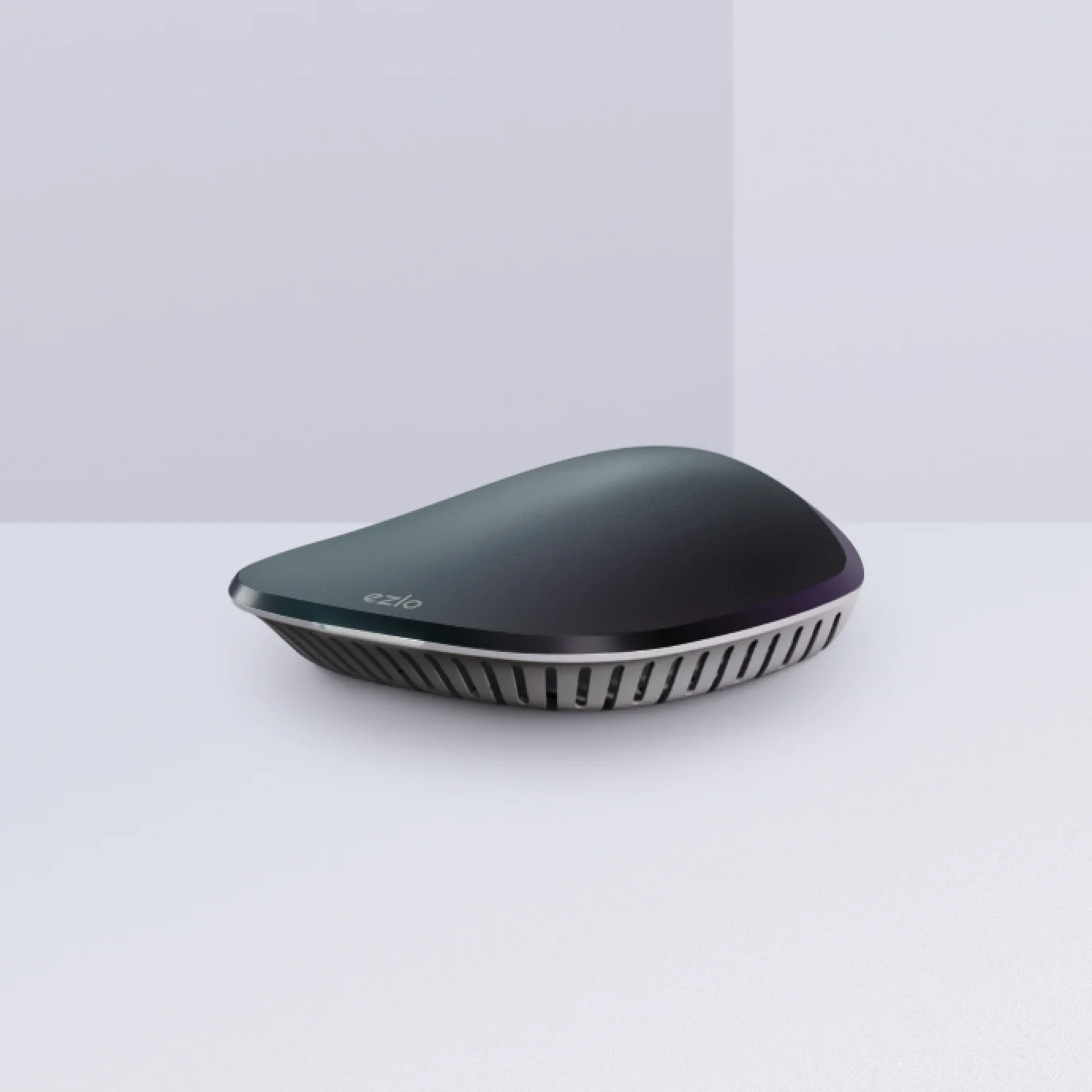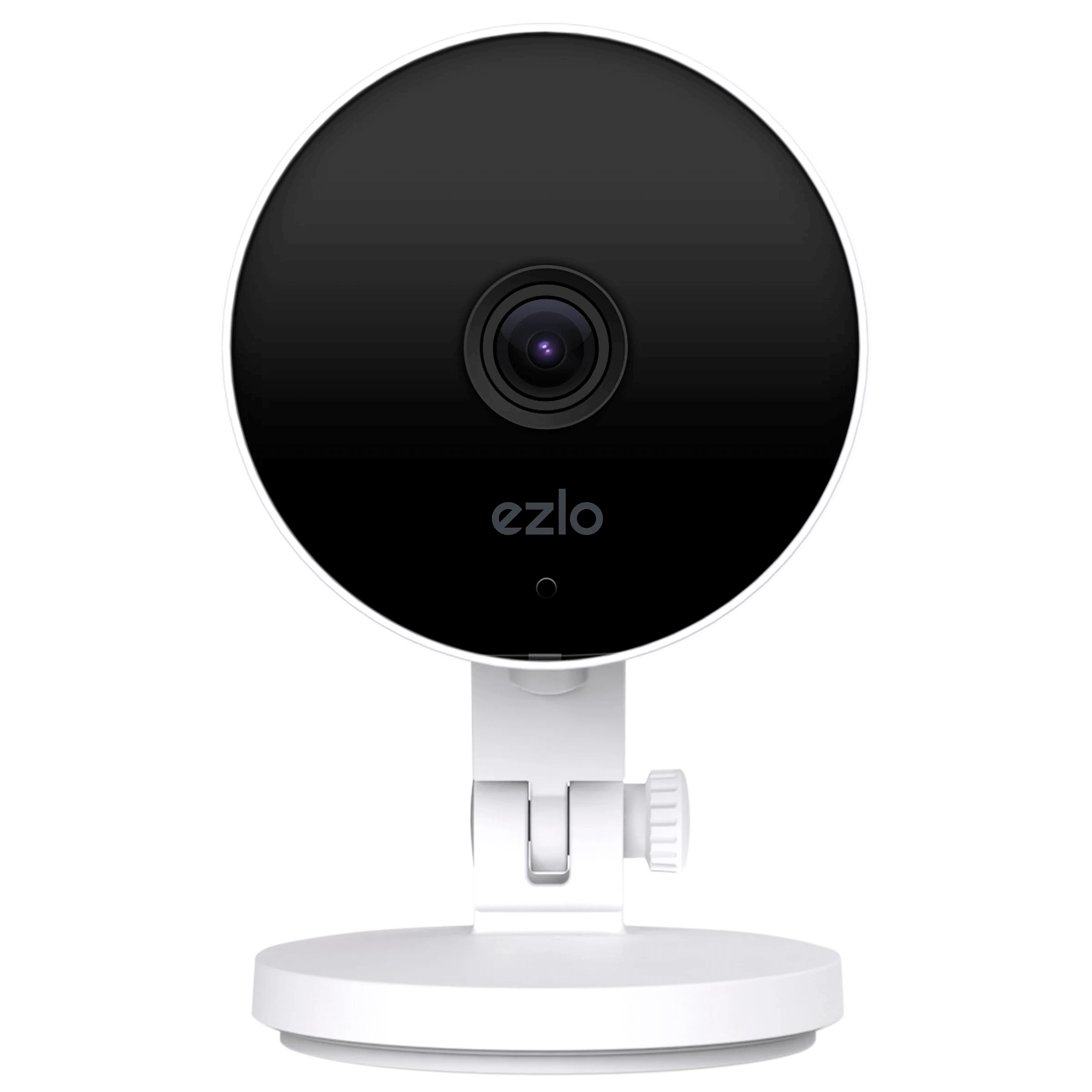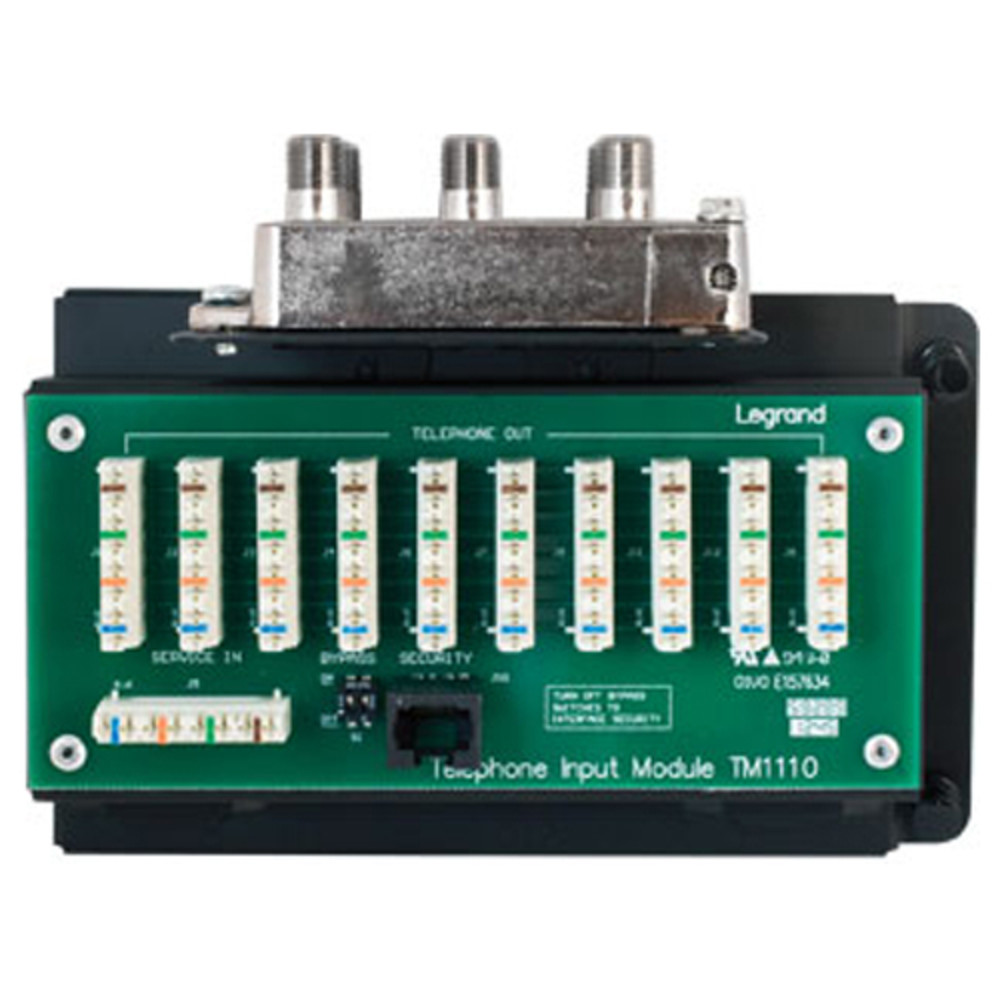Since the 1990s, security cameras have been a critical feature in industrial and residential safety. While the concept of video recording was coined in the 1920s, it did not achieve the ability to analyze surveillance footage until the late 20th century.
Security Video Recording Cameras: Overview

Closed-Circuit Television, or, more popularly, CCTV, was from a science fiction novel by George Orwell. The Orwellian connection described systems where law enforcement agents use telescreens to monitor and keep tabs on the population. He established this theory in 1949 when security cameras were not as sophisticated as they are today, and these devices were still a largely foreign concept.
Until the 1970s, this technology was primal and mostly had military applications. It wasn’t until 1972 that security cameras achieved video recording capabilities. With the discovery of video cassette recorders, companies and banks could easily record tapes and review footage when the need arose. It wasn’t until 1968 that New York began using video surveillance for the specific purpose of fighting crime.
Before the 1990s, large companies and banks primarily used surveillance cameras. The advent of video cassette recorders (VCRs) and the subsidized cost of installing a CCTV system in this digital age made it possible for smaller companies to access this technology. These companies were then able to utilize digital technologies such as tape recording, facial recognition, motion detection, and the night vision to improve safety.
Why is Video Recording Cameras a Critical Investment
Surveillance is a critical component not just for improving safety but also for monitoring employees and customers. A well-structured CCTV system not only keeps workers on their toes but also prevents would-be criminals from unauthorized activities. Although an excellent system may be cost-intensive, it is the only effective way to secure your business and automate surveillance. Even the most skilled security personnel cannot be everywhere at once. Fortunately, a digital security camera system can monitor every angle of your business 24/7.
Are Security Video Recording Cameras Checked Daily?
Due to the obscene amount of footage contained in a single day, it may not be practical to review footage every 24 hours. However, it depends on the specific system you run and its applications. Most retail-grade security cameras are monitored by a human labor force and are only reviewed when looking for something specific. In most cases, businesses review footage to find clues or identify a perp after the fact.
The reason for this is that CCTV video recording cameras cover several areas. This feature means a person would be looking at many different screens at once. This makes it virtually impossible to monitor the system with any degree of accuracy, and hence many companies only look at footage at critical times.
Industrial-grade CCTV cameras apply facial recognition technology that flags criminals as soon as they are identified. These fully automated systems are also motion-sensitive and are used by governments and co-operations. An automated surveillance system is monitored round the clock by specialized AI software that gathers data and analyzes it.
Most of these systems employ cloud storage, which means that the data can be accessed remotely and is readily available even if the camera malfunctions or is somehow damaged.
How Often should Security Video Recording Cameras Operation be Checked?
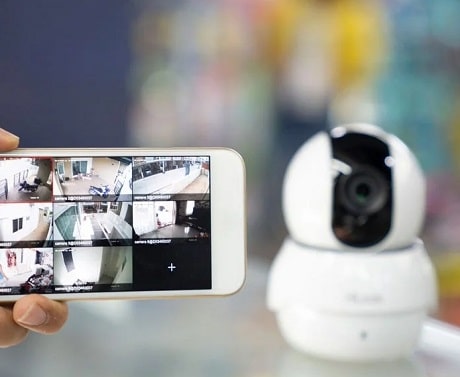
Constant monitoring of security video recording cameras can be overwhelming. The fundamental question is whether you need specific personnel to monitor your security system or you need full automation. How often should you check your security cameras, and is there a way to make the process less strenuous?
Checking your security cameras depends on the precise application. While most video recording cameras are sturdy, there is always the chance of malfunction. Power surges and battery issues are two of the common causes of faulty systems. If your system is battery operated, it is advisable to check it quarterly, preferably once every three months.
The frequency also depends on how much workload your security camera has. The mounting system is especially vulnerable if your camera has a 360-degree turn. Dirt on the screens and even a build-up of dust and debris can easily damage the rotation system. It is advisable to check it once every two months as dirt proliferation can cause blurry images.
Cameras equipped with motion sensors are particularly vulnerable to damage, so you should check them quite regularly. Check connection cables and internet connectivity to ensure nothing interferes with your remote access.
Verdict
Security cameras are the best way to ensure you have a cushion and an extra layer of protection. They save you the time and effort of hiring more personnel without a proportional increase in cost. Proper maintenance is the only way to ensure you get good value for your investment.

